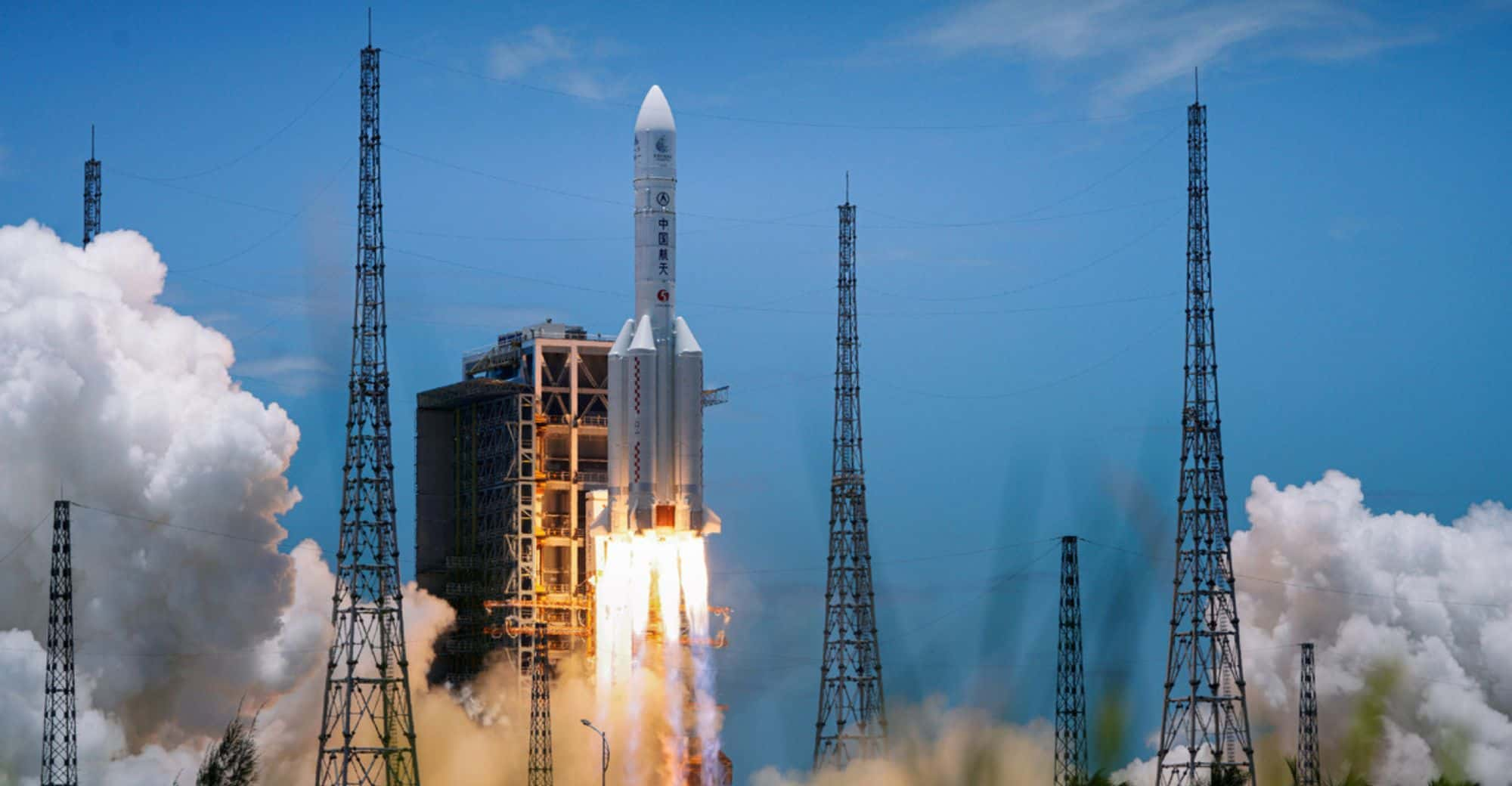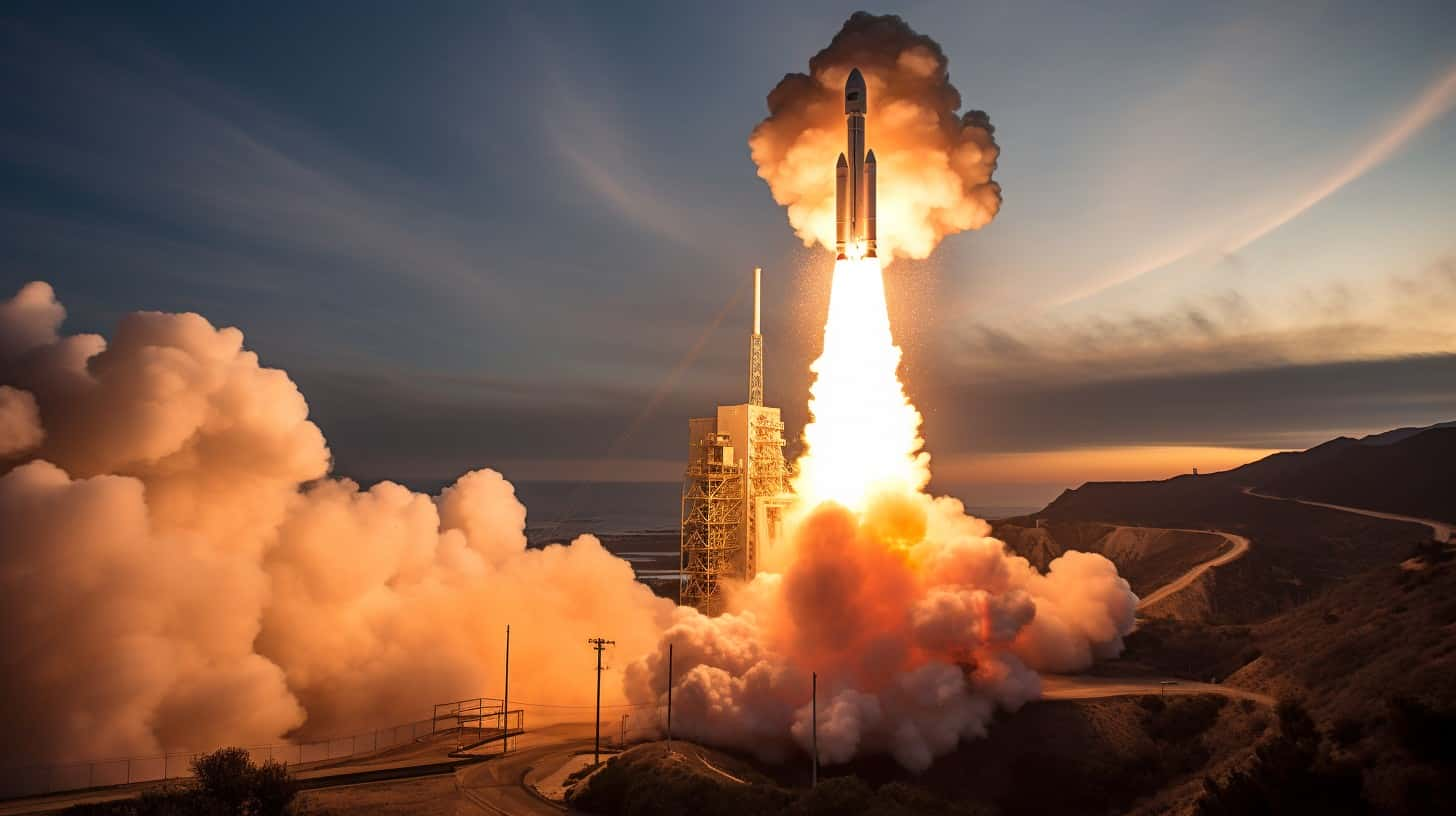In a recent development, the Chinese space launch company Galactic Energy faced a setback on Thursday (Sept. 21) with its Ceres 1 rocket, resulting in the unsuccessful deployment of a vital commercial remote-sensing satellite.

The incident transpired when Galactic Energy’s Ceres 1 rocket was launched from the Jiuquan Satellite Launch Center at 12:59 a.m. EDT (0459 GMT) on Thursday
Onboard was the Jilin-1 Gaofen-04B satellite, owned by the remote-sensing firm Changguang Satellite Technology, as reported by SpaceNews. Unfortunately, the satellite did not attain its intended orbit. Galactic Energy conveyed, “The Ceres 1 rocket flew abnormally and the launch mission failed. The specific reasons are being further anatomized and delved into,” in a statement posted on the Chinese social network WeChat on Thursday. Standing at approximately 62 feet (19 meters) tall, the Ceres 1 rocket comprises four stages and has the capacity to transport 880 pounds (400 kilograms) to low Earth orbit (LEO). Impressively, it had previously completed nine missions flawlessly since its debut in November 2020.
This incident marks China’s first failure of 2023, following an impressive streak of 43 consecutive successful launches this year, noted SpaceNews
However, this week also witnessed another setback in the small-satellite launch sector, as California-based Rocket Lab encountered an anomaly with its Electron vehicle, leading to the loss of a Capella Space radar Earth-observation satellite. Galactic Energy’s ambitions extend beyond the Ceres 1 rocket. The company is actively engaged in the development of a larger rocket named the Pallas-1, which is anticipated to deliver payloads of about 11,000 pounds (5,000 kg) to LEO.
The inaugural flight of the Pallas-1 is scheduled for next year. Initially, the rocket’s first version will be disposable. Nonetheless, Galactic Energy has long-term aspirations to implement reusability, akin to SpaceX’s Falcon 9, aiming for a 2025 launch of a reusable Pallas-1 rocket. This move underscores the company’s commitment to advancing the space launch industry.
READ ALSO: SpaceX Falcon 9 Rocket Shatters Records With 17th Successful Reuse, Deploys 22 Starlink Satellites




